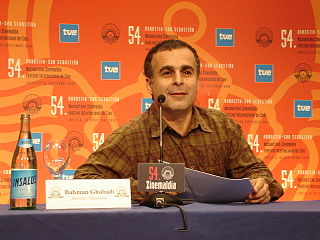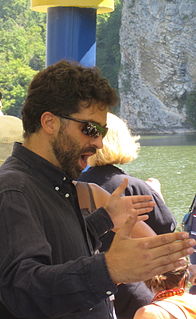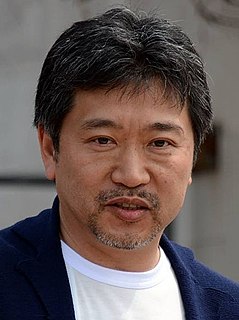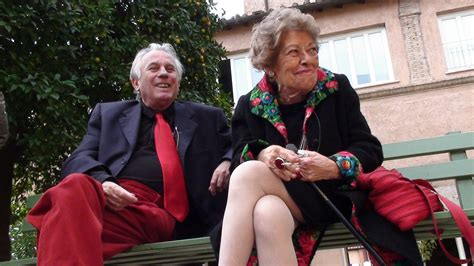A Quote by Richard Ray Perez
The main reason why I'm a documentary filmmaker is the power of the medium. The most powerful films I've seen have been documentaries. Of course, there are some narrative films that I could never forget, but there are more documentaries that have had that impact on me.
Related Quotes
The message films that try to be message films always fail. Likewise with documentaries. The documentaries that work best are the ones that eschew a simple message for an odd angle. I found that one of the most spectacular films about the Middle East was 'Waltz With Bashir,' or 'The Gatekeepers,' or '5 Broken Cameras.'
Critics can say what they like about the films, but very often, there's a certain expectation of documentaries that they're supposed to be like PowerPoint presentations. I see documentaries as movies. So when I see some critics writing that we could have done without the recreations altogether - well, perhaps.
One day I decided to move towards documentaries or to move to more directing in documentaries at this point in my career. Why documentaries? I also love fiction. I would love to direct a fiction movie as well. But I think where I come from, reality is so interesting and has in it so many good stories to tell, this is why I'm doing that. I'm enjoying that.
I have wondered if I might be placed on a watch list of some sort by the government, though. I know that the documentary filmmaker Laura Poitras, who is a friend and who has made documentaries about controversial Middle Eastern terrorists has had trouble at customs when she travels internationally - but nothing like that has happened to me.






























